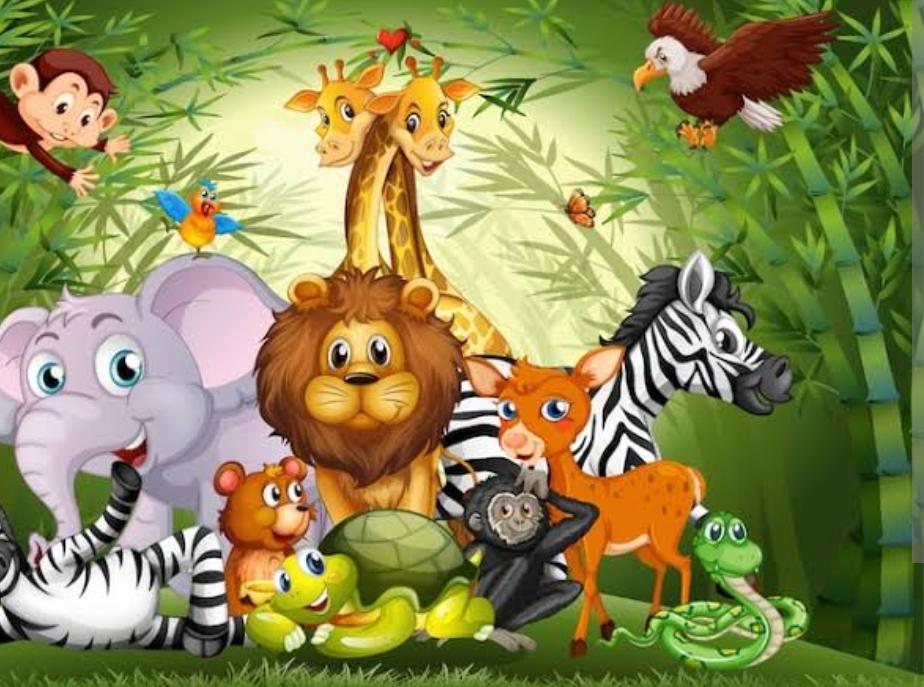World Animal Day, celebrated annually on October 4th, is a global event dedicated to raising awareness and improving animal welfare standards worldwide. It's a day to acknowledge the diverse roles animals play in our lives and to advocate for their well-being. This essay will explore the significance of World Animal Day, its history, and how individuals and communities can contribute to its goals.
A Brief History:
World Animal Day originated in 1925, thanks to the efforts of cynologist Heinrich Zimmerman, who organized the first event in Berlin. Initially, the event aimed to raise awareness about animal welfare and advocate for better treatment of animals. Over time, it has evolved into a global movement, with celebrations taking place in various forms across the world.
The Significance of World Animal Day:
This day serves as a powerful reminder of the interconnectedness between humans and animals and the importance of respecting all living beings. It's a call to action to address the diverse challenges animals face, including habitat loss, cruelty, and exploitation. World Animal Day encourages individuals to:
Recognize the intrinsic value of all animals:
Every creature, from the smallest insect to the largest whale, has a right to life and well-being.
Promote compassion and empathy:
We should treat animals with kindness, respect, and understanding, recognizing their capacity for suffering and joy.
Advocate for animal welfare policies:
Support laws and regulations that protect animals from harm and promote their well-being.
Make conscious choices:
Consider the impact of our actions on animals, such as choosing sustainable food options and avoiding products that involve animal cruelty.
Support animal welfare organizations:
Donate time, resources, or money to organizations working to protect animals and improve their living conditions.
Celebrating World Animal Day:
There are countless ways to celebrate World Animal Day. Some ideas include:
Visiting a local animal shelter: Spend time with animals, offer them some love and attention, and consider adopting a pet.
Organizing educational events: Share information about animal welfare with friends, family, or at school.
Participating in peaceful protests or rallies: Show support for animal rights and advocate for stronger animal protection laws.
Making a donation to an animal welfare organization: Contribute financially to support the vital work of these groups.
Adopting a more compassionate lifestyle: Choose cruelty-free products, reduce meat consumption, and support sustainable practices.
Conclusion:
World Animal Day is more than just a symbolic event; it's a catalyst for positive change in how we perceive and treat animals. By raising awareness, promoting compassion, and advocating for change, we can create a world where all animals are treated with the respect and dignity they deserve. Let's work together to make every day an animal day, ensuring a brighter future for all living beings.

